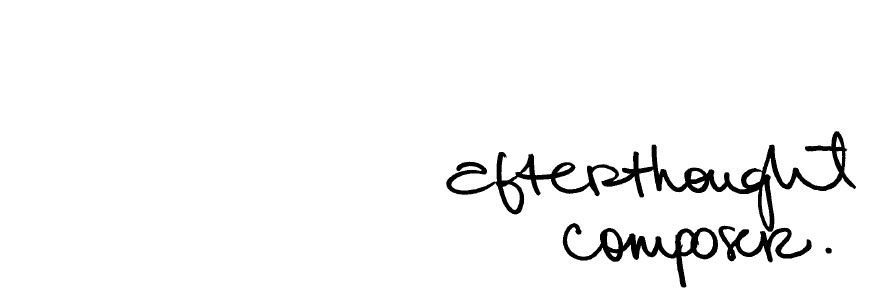I have also been thinking a lot about Grace. Grace, by its very definition, is unasked for. It is never deserved, is usually a surprise, and always comes after some kind of broken trust. There is a set of Bible verses often quoted when the topic of Grace comes up; the paraphrase is this: don’t abuse the Grace you know is there.
 To round out this discussion, perhaps I should also say that I’ve been thinking a lot about humanity, and faultedness. In fact, I would even go so far as to say that I have had to think about humanity and faults because I’ve been so recently bombarded with a ton of my own. What I’ve found in that awareness (that I am so very far from perfect) is that there are standards on my life that I didn’t even know were placed there. Through asking questions that no one asks and starting taboo conversation in the community at large I have come to discover their firm placement. These standards or Boxes of Rule are there in the hands and eyes of others. I don’t think this is necessarily a bad thing (that my community thinks I should fit a certain mould); I have, after all, tried to build up my own reputation and it’s obviously worked. But I’ve been surprised as of late how thick the borders are around my supposed character. Not entirely resentful, not entirely overjoyed. Just surprised.
To round out this discussion, perhaps I should also say that I’ve been thinking a lot about humanity, and faultedness. In fact, I would even go so far as to say that I have had to think about humanity and faults because I’ve been so recently bombarded with a ton of my own. What I’ve found in that awareness (that I am so very far from perfect) is that there are standards on my life that I didn’t even know were placed there. Through asking questions that no one asks and starting taboo conversation in the community at large I have come to discover their firm placement. These standards or Boxes of Rule are there in the hands and eyes of others. I don’t think this is necessarily a bad thing (that my community thinks I should fit a certain mould); I have, after all, tried to build up my own reputation and it’s obviously worked. But I’ve been surprised as of late how thick the borders are around my supposed character. Not entirely resentful, not entirely overjoyed. Just surprised. So as I’ve been thinking about Grace and Faith and Community, and then trying to fit my own Humanity into the equation, I’ve come to realize that often, these four things do not fit together. Humanity abuses grace and offends people; it shifts my faith off course and breaks something in my community. Right? What do we do, then, when we are faced with the reality that we are not perfect humans? Do we try really hard to be perfect (and then, inevitably, fail)? Do we ignore the big questions in the act of saving Faith/face?
Or do we just act perfect and pretend we don’t have questions; do we hide our faultedness from the community at large?
You know, I think the answer is yes.
You can disagree with me if you’d like, but that still doesn’t change a lifetime of education. Truth be told, to openly admit fault is risqué, and risky even in the safest conditions; vulnerability with a person you don’t know well enough to trust is dangerous and unwise. This isn’t to say that hiding is always the answer; there are instances where admitting humanity to a larger circle is allowable and even encouraged. The distinctions for what to share and what is acceptable are made via tense: past or present. To give testimony about things that have happened in the past is an ordinary and relatively safe part of strong community. “I used to…” or “When I was younger I …” statements are commonplace. These kinds of stories evoke feelings of compassion, they open lines of questioning that seek to understand, and inspire forgiveness. But to admit a current weakness or wondering is to invite and invoke judgement of character, to open lines of questioning that seek to reprimand, and the assumption that you’ve completely lost your mind. To admit a current weakness is to taint the lense of how people see you. Certain people.
So when it comes to Humanity, Grace, Faith, and Community, I have come to discover this: the only way to mix these four together is to add a whole lot of LOVE. Without love, Humanity shocks the system and keeps a list. Without love, acts of Grace are incomplete and pretentious. Without love, Faith is a futile façade. Without love, Community dies.
If you can not love the person while they are still human, you do not really love them. If you can not love a person while they do not share your faith or beliefs, you do not really love them. If you can not love a person while they are in need of grace, you do not really love them. If the way you communicate with that person is not loving, consider the reasons this might be.
Love is patient and kind. Love does not envy or boast. It is not self seeking or rude. Love keeps no record of past mistakes. Love protects (note: not “self righteously corrects”). Love induces hope and faith, but in the end is greater than them both.
So to this end I ask: do you really love them?

No comments:
Post a Comment